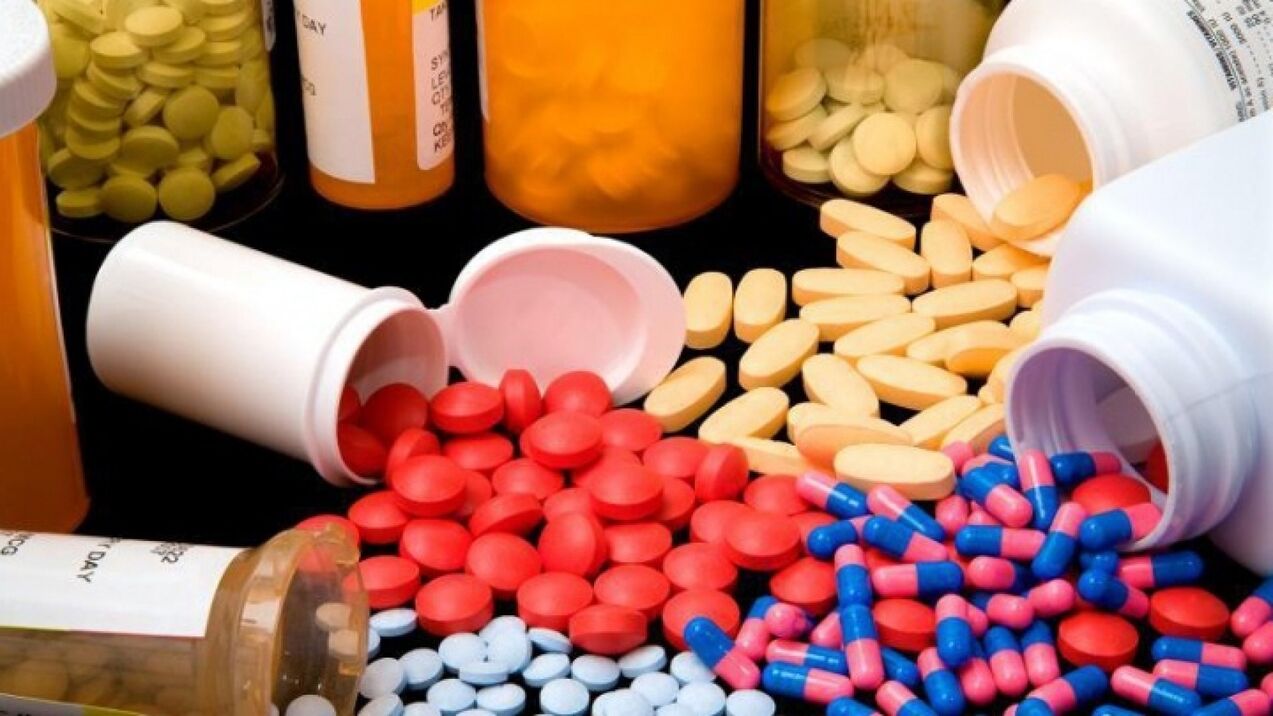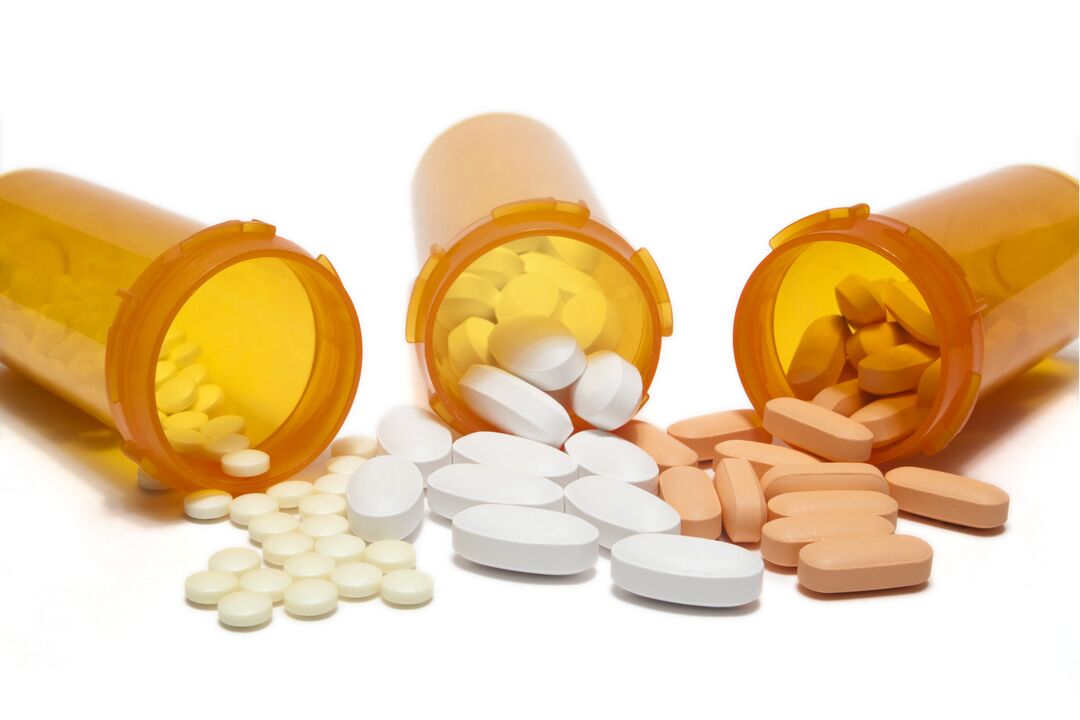Prostatitis is an inflammation of the prostate. This disease falls into the category of men and mainly affects middle and older men. Depending on the causes of the origin, the characteristics of the course, and the individuality of the patient, the doctor chooses effective treatment tactics with antibiotics - drugs that inhibit the vital activity of pathogens and accelerate the patient’s recovery. Antibiotics for prostatitis are effective means of stopping the inflammatory process.
About the disease
Depending on the nature of the origin, a distinction is made between acute and chronic forms of prostatitis. The source of the disease in acute prostatitis is infection, namely bacteria, viruses. The chronic form develops with congestion of the prostate gland or in the absence or ineffectiveness of treatment for the disease. The disease usually occurs with decreased local or general immunity, and in some cases it will be the main cause of male infertility.
Prostatitis is a rather complex disease that is a long and continuous process to treat. This is due to a feature of the anatomical structure of the male organ, the complexity of which makes it difficult for certain drugs to penetrate. This contributes to the persistence of the infection and the long-term development of the inflammatory process.
However, the effectiveness of therapy depends to a large extent on an integrated approach, the main task of which is to restore the original structure and functionality of the prostate gland. One form of treatment is effective medication, including the use of antibacterial drugs - antibiotics. Very often do patients ask themselves what antibiotics to take for prostatitis?
Benefits of antibiotic treatment
The use of antibiotics in the treatment of the disease is considered to be one of the effective methods in the fight against the pathogenic flora, so these funds are essential components in the fight against the insidious disease.
Antibiotic therapy has two purposes, one is to destroy the source of the disease and the other is to eliminate the inflammatory process. In addition, the appointment of antibiotics reduces the risk of secondary infection with non-specific prostatitis.

Antibacterial drugs for prostatitis are selected individually by the physician based on the patient's complaints and the results of laboratory tests that include urine and prostate secretions, as well as antibiotic susceptibility testing.
There is a misconception that there is an effective antibacterial drug that eliminates the inflammatory process and gets rid of prostatitis. Currently, a number of antibacterial agents have been developed and marketed that affect one type or another of pathogens.
Usually, the treatment process developed by your doctor takes an average of 1-2 months, and the main method of therapy is to treat prostatitis with antibiotics, which are selected individually, depending on the type of pathogen being detected in the body.
Antibiotic groups
It has long been shown that treatment of prostatitis with antibiotics, regardless of the groups they represent, rapidly alleviates acute inflammation. However, bacteriological inoculation of prostate secretions due to the susceptibility of the pathogen to the particular drug should be performed before prescribing a specific drug.
In most cases, or when testing is not available, your doctor will prescribe a broad-spectrum antibiotic. They suppress most infectious pathogens and bacteria. The treatment regimen is selected individually in each case, depending on the stage of the disease, the individual tolerance of the patient and the spectrum of action of the drug.

The following antibiotics are the most common and recognized agents:
- Penicillins. These bases have a strong antibacterial effect.
- Fluoroquinolones. Today, these funds are considered one of the most effective drugs with a wide range of effects. These funds are used to treat chronic prostatitis, the origin of which precludes the etiology of tuberculosis. However, these drugs have high photo- and neurotoxicity.
- Cephalosporins. This group includes drugs that are injected intramuscularly while being extremely effective.
- Macrolides. Drugs in this group generally show high activity against a number of bacteria. They are low in toxicity and very effective.
- Tetracyclines. Due to the severe tolerance of drugs in this group, tetracyclines are not very popular.
You should know that in order to quickly eliminate the inflammatory process, two or three antibacterial drugs should be prescribed, especially the combination of fluoroquinolones, macrolides, aminoglycosides is effective.
































